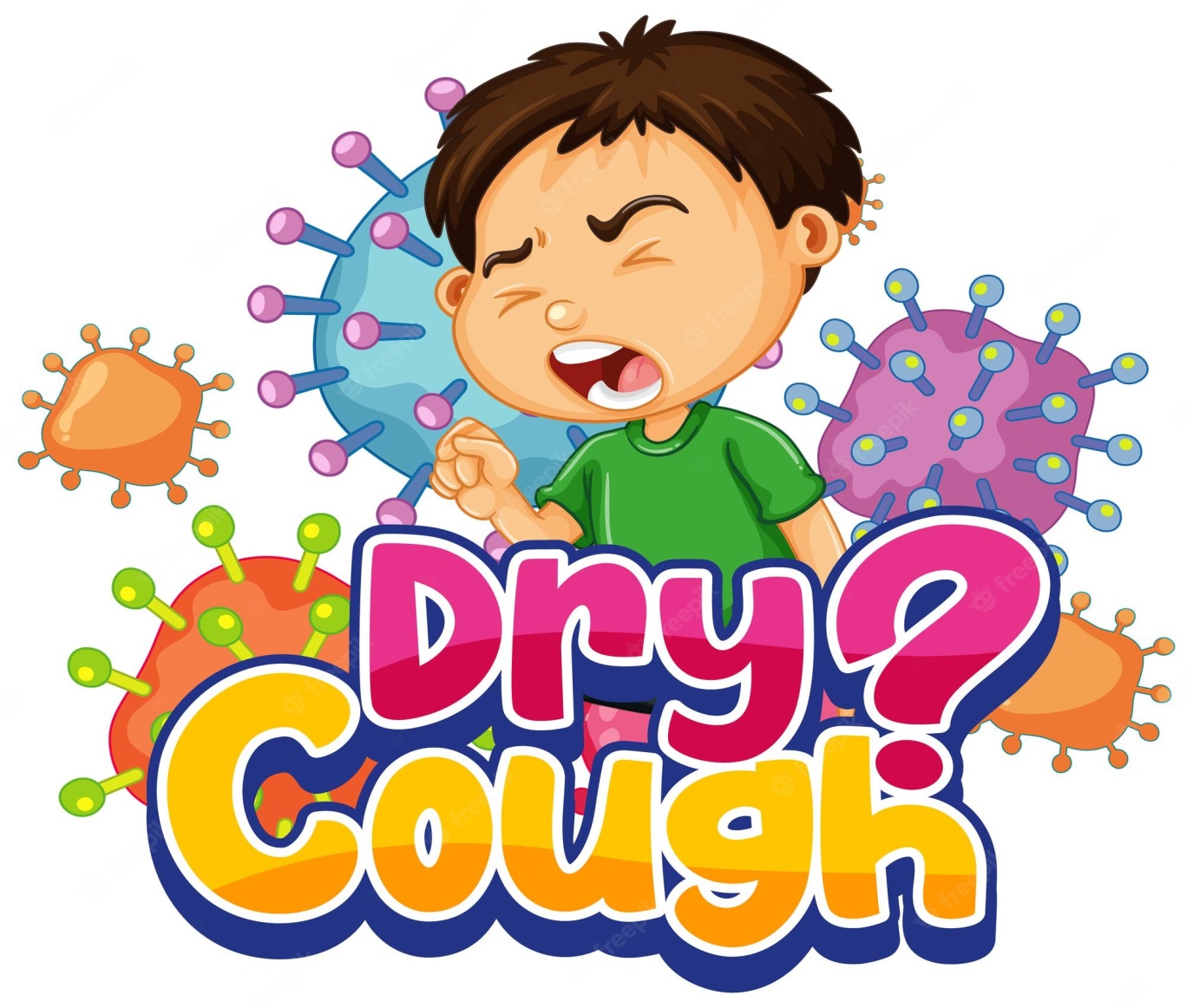
When your child has a cold or flu and can’t stop coughing, it can be stressful as well as exhausting. That persistent cough can leave you wondering what you can do to help your child feel better. Luckily, there are many natural remedies that might ease your child’s discomfort and speed up the healing process.
Chamomile tea
Chamomile is a wonderful herb for calming an upset stomach or easing a cough or cold. This herb has a sweet, floral flavour and can be added to herbal teas, or even added to warm milk for infants or toddlers. Chamomile is also safe for pregnant women. Try adding a teaspoon of chamomile to a cup of hot water and let it steep for a few minutes before drinking to soothe a cough and help your child get a good night’s rest.
Ginger
Ginger is excellent for soothing an upset tummy, which can sometimes lead to a cough. It’s also great for reducing inflammation, which is helpful for a cough that is lingering. Ginger is a common ingredient in Asian dishes, so it can be easily added to many meals. Try adding a teaspoon of minced ginger to a stir-fry, or make a hot ginger tea by adding a teaspoon of freshly grated ginger and a small amount of honey to a cup of hot water.
Elderberry syrup
Elderberry syrup can be added to your child’s daily vitamins to provide a boost of immune-boosting vitamins and minerals. Many brands are also sweetened with natural fruit juices versus artificial sweeteners. This syrup can be taken daily to strengthen your child’s immune system and help prevent getting sick. It also works well to quickly reduce a cough or cold.
Steam
Steam is a great way to soothe a cough, especially if your child has a stuffy nose. Create a humidifier by using a pan of water with a few drops of eucalyptus or thyme essential oil. Alternatively, boil a small pot of water with a few drops of the same essential oils. Place a towel over your child’s head and a bowl near his face so the steam will settle around his nose and mouth.
Moisten
Moistening your child’s cough drop or lozenge with water can help prevent it from getting stuck in his throat. This is especially helpful for infants and toddlers who may not have the coordination to swallow a cough drop or lozenge like an older child might.
Probiotics
Probiotics can help boost your child’s immune system and help fight off a cold or flu. They can be easily added to your child’s daily vitamins or can be taken on their own as a lozenge or a liquid. Talk to your child’s doctor about which brand is best for your child’s age group.
Vitamin C
Vitamin C is a great way to boost your child’s immune system and fight off a cold or flu.Vitamin C can also reduce the risk of contracting a cold or flu if your child is already exposed to it. It’s best to give your child vitamin C every day during the winter season to help their immune system stay strong.
Vitamin C is most commonly found in fruits and vegetables. Your child will get the recommended daily amount if he or she eats a healthy diet. Kids ages 1–3 years old should have no more than 15 milligrams per day. Kids ages 4–8 years old should have no more than 25 milligrams per day. You can add it to your child’s daily vitamins or have them take it as a lozenge or a liquid. This is especially helpful if your child is confined to bed for any length of time. Ask your child’s doctor about the best brand for their age group.
Exercise and dry air
Exercising during a cold or flu can help boost your child’s immune system and help them get over their illness quicker. When your child is sick, it’s important to keep their surroundings as moist as possible to prevent bacteria from growing and spreading. Open a window or turn on the humidifier to help regulate the humidity in your child’s room.
Coconut oil for cough and congestion
Coconut oil can help ease a cough and soothe a sore throat. Add a small amount of coconut oil to a bowl of hot water and let it melt. Place a towel over your child’s head and a bowl near their face so the steam can settle around their nose and mouth. When your child has a cough and congestion, it’s important to keep their hands clean to avoid spreading their germs. When your child coughs or sneezes, they often touch their face, which can transfer germs to their hands. Make sure your child doesn’t touch their face until they wash their hands.
When to see a doctor for Your Child’s Cough
If your child’s cough is getting worse or lasts more than a couple of weeks, it’s important to talk to your child’s doctor. If your child has a fever and is coughing, it could be a sign that they have a bacterial infection. This can be treated with antibiotics to clear it up. If your child’s cough is caused by allergies or asthma, it’s important to talk to your doctor about ways to manage the symptoms. Although most coughs will go away on their own, it is important to monitor your child’s symptoms to make sure they are getting better as quickly as possible.






GIPHY App Key not set. Please check settings